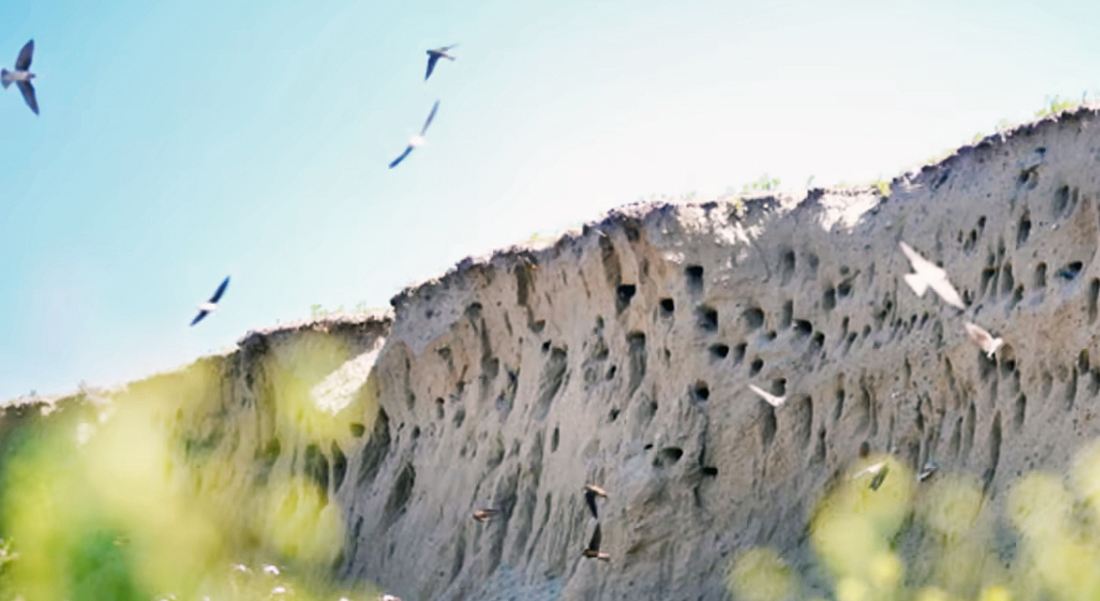Introducing the mud to the sublime: Post-humanist methods for critical border studies
Mathilda Rosengren (Malmö university) gives a presentation, followed by a discussion with Umut Ozguc (Macquarie University), and questions from participants. William Kutz will be moderating the seminar. The webinar is free of charge.

In this talk, Mathilda Rosengren will present some reflections on how she, in her present and previous research, have made use of post-humanist and more-than-human theories on ontology and agency to make sense of borderland dwellings in multispecies urban landscapes.
The title of the talk derives from Donna Haraway’s critique of Deleuze and Guattari’s notion of “becoming-animal”, with Haraway arguing that their philosophy is one of “the sublime, not the earthly, not the mud”. For Haraway, without this mud – i.e. the ordinary being and everyday interactions between other-than-humans (and sometimes their human companions) – there can be no adequate way of approaching and understanding a world beyond the human.
Here, Mathilda Rosengren draws on her more-than-human urban ethnographies from Germany and Sweden to provide examples of how such muddy, or muddled, relations of entwined everyday actions become meaning-making practices in themselves – outside distinctly human philosophical metaphors, constructed borders or sites of dwelling. Read more about the event.
How to participate
Participate in the webinar via Zoom. Beside the Zoom link, you can join the seminar by calling in, please write to Mia Krokstäde for information about dial-up numbers.
About the series
This is the sixth seminar of the series Dwelling, elsewhere: Comparative-methodological perspectives on borderland inhabitation, arranged by William Kutz and the Öresund Comparative Borderland Research Group, funded by CEMES.
For more information about the Öresund Comparative Borderland Research Group, please write to William Kutz.
